The Ministry of Defence has disclosed average enlistment times for candidates seeking to join the Royal Navy, Royal Air Force, and Army, revealing significant variances across the services.
The figures were released in response to a parliamentary question from Helen Maguire MP, who sought clarity on recruitment timelines.
According to Defence Minister Luke Pollard, the average time taken between application and the start of basic training for regular other ranks in the 12 months ending October 1, 2024, was as follows:
- Royal Navy/Royal Marines (RN/RM): 279 days
- Army: 249 days
- Royal Air Force (RAF): 301 days
Pollard said that these averages reflect the median time taken, with half of the candidates completing the process faster and half taking longer.
“The new Government inherited a crisis in recruitment. We have made it a priority to address this with a series of work streams designed to increase recruitment and renew the contract between the nation and those who serve to improve retention,” Pollard explained.
Pollard outlined several variables that can impact the recruitment process:
- Delays in obtaining primary healthcare records.
- Medical deferments for candidates needing time to meet fitness requirements.
- Alignment of basic training schedules with trade-specific training.
- Candidates’ personal circumstances, including employment and housing situations.
- Individual preferences regarding the pace of progression.
He stressed that some candidates progress much faster when well-prepared, while others require additional time.
The MOD also cautioned against direct comparisons between services, noting differing recruitment processes. For instance, recruits to the Royal Navy and Royal Air Force must achieve Security Check-level clearance before enlisting, a requirement not mirrored in the Army’s process.
The Government’s focus on improving recruitment and retention includes plans to streamline processes and address the underlying challenges contributing to delays. However, these figures highlight the complexities and time investment required to ensure recruits are ready for service.
The data is based on UK nationals only, excluding applications from non-UK candidates and those with incomplete records. Army figures include applications from Irish nationals but exclude other non-UK applicants.
The MOD’s figures reflect “time of flight”—the time between application and intake into untrained strength—and are sourced from various Defence recruitment and personnel systems.


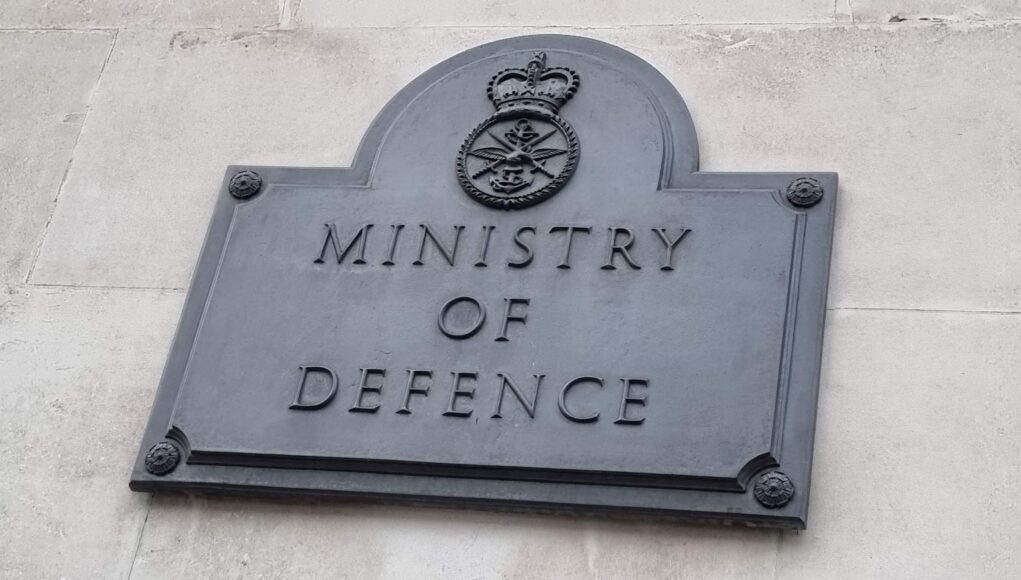


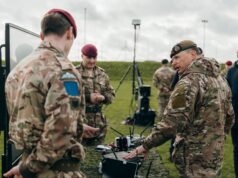
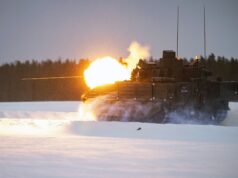
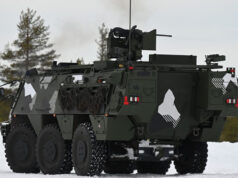

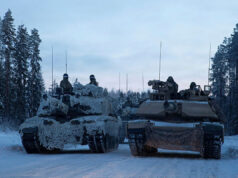

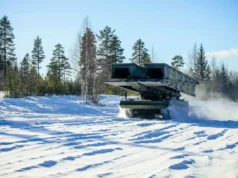


ABSOLUTELY BONKERS.
Indeed. But then the whole government defence policy is bonkers. Make us weaker than we’ve ever been so the population all cry out to join a European military as we can’t defend ourselves and need to hold mummy’s hand. Total independence, increased defence spending and self reliance is the only way to remain a force to truly defend ourselves and not get involved in international adventurism. Nobody else, just defend us and ours. Weak politicians working towards a one world government via the WEF and the Trilaterate commission.
‘we’……?
How it used to be,
Turn up at recruiting office express desire to join,
Take tests to see if you were bright enough to join chosen Corps,
Have medical,
Get accepted on given date report to training Regt or depot on their next intake.
All done at recruiting office by serving personnel.
ITS NOT THAT HARD🤬
More or less how I joined the army back in 1974, can’t believe it now takes so long to join in which time a person may well find alternative employment.
Pretty much the same for me in 74. We did lose about 15 in the first few weeks though. Various reasons, basically medical or just not up to the task ahead.
It took a matter of weeks when I joined the RN back in 1980, I was 16 on Feb25th and joined up 4th March, it’s not rocket science is it. I run a Military Prep course for Lancashire County Council and send students through Harrogate or direct entry, the process is far to drawn out, bring back more recruitment offices manned by regular personnel not on there way back to civi street who are only concerned about is ahead of them and focus on strengthening our armed forces.
So your belief is the current recruitment personnel are not concerned about the future of the armed forces?
The Metropolitan Police website says it takes about six months (approx 168 days) to join the force. That includes the necessary security checks – so even quicker than the RN or RAF. So what’s the problem?
Ah what you are all forgetting about is the issue of our having to look after our government appointed ‘ Private Sector Contractors’. If you dare speed up the process of recruitment what will happen to their balance sheet.
Can individual on a Tier 2 work sponsorship visa Applied.
How long have you been in the UK and what is your country of origin?
From the RN prospective and my own experience as a CA These are top 3.
* Delays in obtaining primary healthcare records.
* Medical deferments for candidates needing time to meet fitness requirements.
*Individual preferences regarding the pace of progression.
The last one is the most frustrating part and adds more dead time to the process as an individual must complete the forms. It’s their application, but if they don’t prioritise then it will take an age.
A lot of candidates are great and proactive,quickest I’ve completed is approx 63 days from applying to getting a join date.
Another blocker is the fitness standard! especially those wanting to be a RM Commando. Starting the fitness journey when they apply. Thinking the process is there to get them fit!